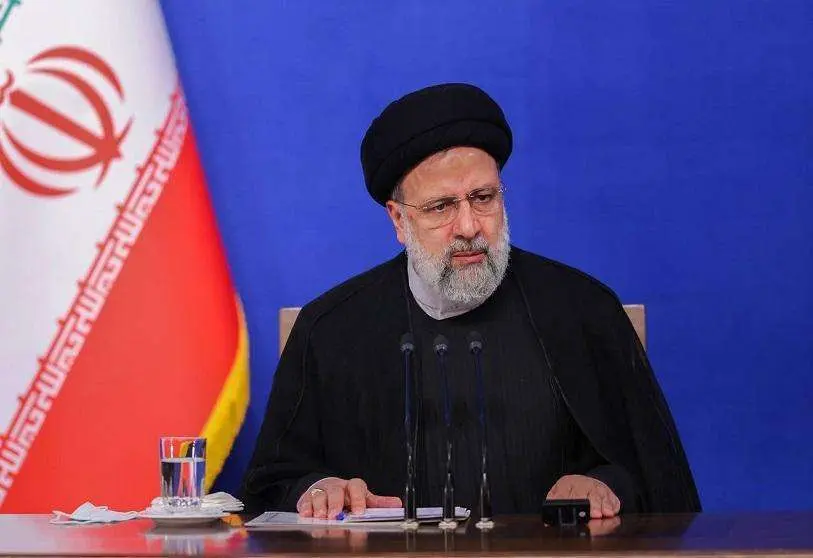Iran attacks Iraqi Kurdistan to distract attention from Mahsa Amini protests

Trying to distract attention from the murder of Mahsa Amini. This seems to be the Iranian regime's new strategy in the face of the protests that are shaking the entire Islamic Republic, and which have received the support of Western powers. Now the regime of Ebrahim Raisi intends to control the agenda by attacking Iraqi Kurdistan.
So far, according to the Iraqi Kurdistan Ministry of Health, at least five people have been killed and some 30 injured in drone and missile bombings attributed to Iran in the Kurdish region of Iraq for supporting protests in the Persian country over the death of Mahsa Amini, the 22-year-old woman who was arrested for wearing the veil incorrectly.
People gather at the Koya hospital were injured were transferred to after the Iranian bombing of the KDP-Ipic.twitter.com/1Npp5iplmq
— Kurdistan 24 English (@K24English) September 28, 2022
The Iranian Revolutionary Guard has launched this round of attacks in the provinces of Erbil and Suleimaniya against what Tehran has described as Iranian Kurdish separatist bases in northern Iraq. "Positions of Iranian Kurdish parties, including the Kurdish Democratic Party and the Kurdistan Liberation Party, were targeted by drone and missile bombardment", a military source told Efe.
New video shows the moment precision guided artillery rockets launched by #IRGC Land Forces from #Iran hit schools and headquarters of Kurdish opposition parties. pic.twitter.com/RHICI0ZYEO
— Afshin Ismaeli (@Afshin_Ismaeli) September 28, 2022
The Iranian regime itself has claimed to have attacked the "gathering headquarters, training and operational centres of terrorist groups based in the Kurdistan region of Iraq, using intelligent and precise weapons".
Opposition to the Iranian regime comes from various minorities: Azeri, Baluchi and even Farsi speakers in Tehran itself. But it is Kurdistan that is the region chosen to initiate these attacks because the protests over the death of Masha Amini began precisely there, under the slogan "woman, life, freedom". A rallying cry that has spread throughout Iran and part of the Arab world.

The Iranian authorities insist that the protests are incited by the "foreign enemy" with the intervention of embassies and intelligence services from other countries.
However, the internal situation in Iran caused by the protests, which have now lasted 12 nights and spread to more than 80 towns and cities, does not seem to be easing. Oil workers are now threatening to go on strike if the government's crackdown on protesters continues. A move that could cripple the Islamic Republic's economy, which is almost entirely dependent on hydrocarbon revenues.
"We support the struggles of the people against organised and daily violence against women and against the poverty and hell that dominates society," announced the Organising Council of Oil Contract Workers.

In this context of repression by the Iranian authorities, UN Secretary General Antonio Guterres has called on Iranian President Ebrahim Raisi not to use "disproportionate force" against demonstrators who took to the streets after the death of a young woman in the custody of the morality police. Guterres also called for a "prompt, impartial and effective investigation" into the death of Mahsa Amini.
Since protests erupted over the killing of the young Kurdish woman, 76 people have been killed in Iran by security forces, according to Iran Human Rights. For its part, Tehran has so far admitted to 41 deaths and 1,186 arrests in the unrest.








